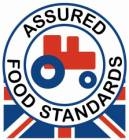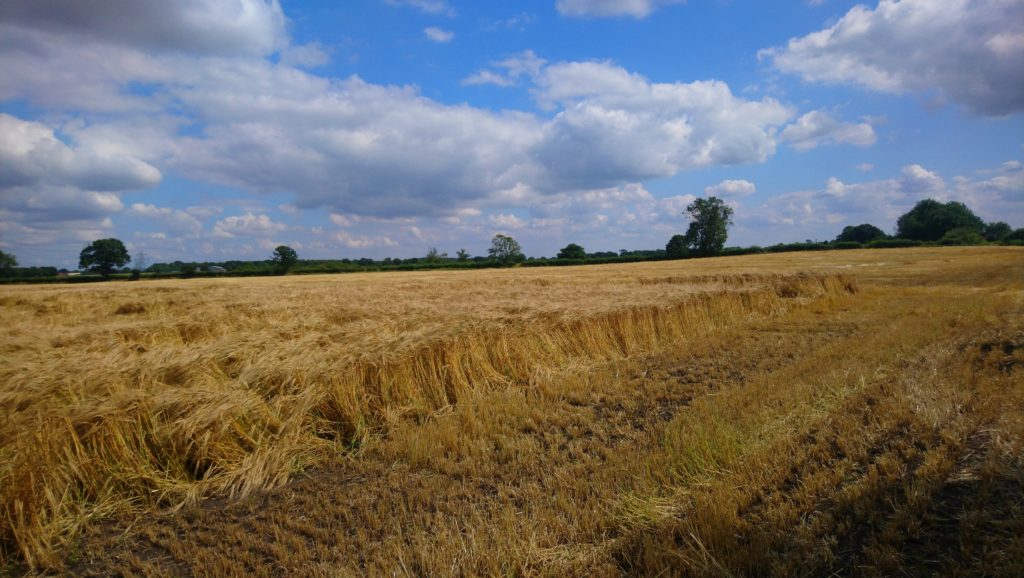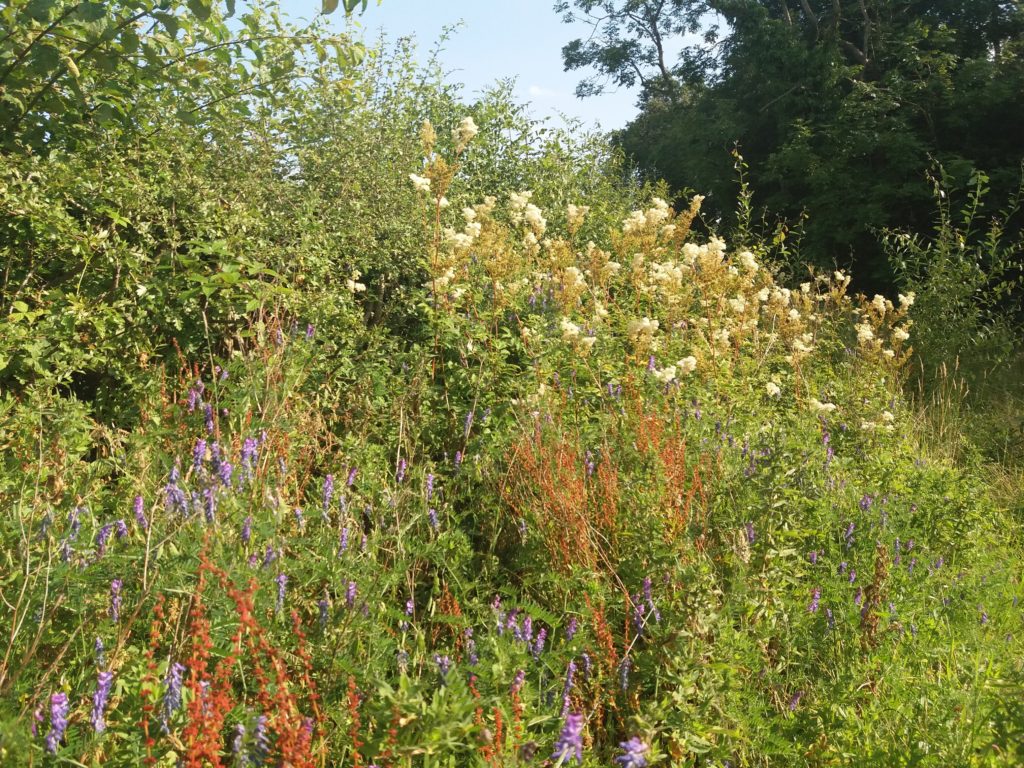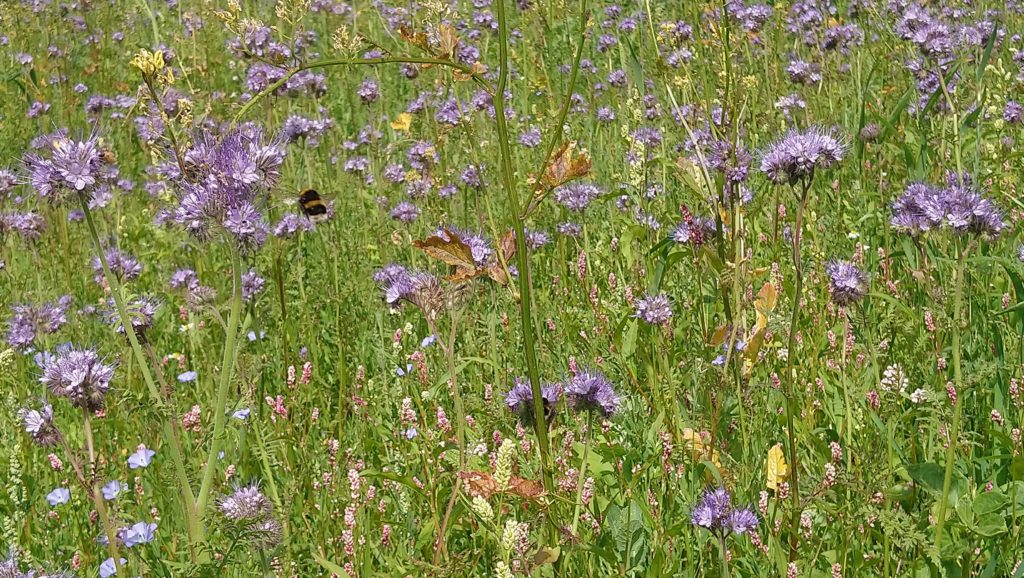The protection of our environment and the welfare of our cows are both extremely important to us. It’s how we farm.
Welfare

Our family and dedicated farm team work very closely with our vets and consultants to ensure that our cows are as healthy and happy as possible at all times. Each animal is an individual, with the freedom to express natural behaviours and form social groups with others. We know their characters and many have a nickname as well as a pedigree name. We have been Red Tractor Farm Assured for many years, meaning we farm to some of the highest welfare standards in the world.
Antibiotics. We use antibiotics only when it is essential for a cow’s health and only under the advice of our veterinary. We do not use antibiotics that are critically important for human health on the farm. If a cow is treated with antibiotics we follow a strict protocol to ensure that her milk is discarded until it is confirmed to be free from any trace of antibiotics.
Bull Calves. We rear all the Jersey bull calves born on the farm for several months on home-grown forage for our local beef boxes. Jersey Beef is not widely available commercially as this breed does not produce high yields, but the meat has a delicious flavour and tender texture. We do not feed them soya or grains. The beef is prepared locally by skilled people we know and trust. Fresh Beef boxes are available every 2 months with free delivery all over the York area. Frozen meat can also be purchased subject to availability. To register your interest please contact us.
Feed. The cows graze the grass in summer and are fed a winter diet of 85% home grown forage plus protein (rapemeal and spey syrup) and some minerals to ensure they are healthy. The cows also enjoy ‘cake’, all year round, which is a concentrated pellet made of wheat. Our specialist feed consultant Rob helps us with our cows’ diet to ensure they recieve the correct balance of nutrients.
We do not use Bovaer 10 Feed Additive in our cows diets and we do not feed Soya or Palm Oil.
The Environment
With all UK farmers, we are committed to reaching net zero carbon emissions by 2040 and are already working hard to achieve this.
In 2023 we were delighted that our milk was shortlisted for Deliciously Yorkshire Food awards Best sustainable product showing our commitment to the environment
Jersey cows are deemed to have a lower environmental impact than other breeds. This is because they are smaller and require less feed and resources. Jerseys are extremely efficient at converting feed into delicious, nutritious milk.
Because they are smaller, Jerseys release less methane gas into the atmosphere and they have less impact on the grassland.
We are part of 2 environmental protection scheme called Countryside Stewardship and Sustainable Farm Incentive . These focuses on the specific environmental needs of our area, such as providing winter food and habitats for birds and other wildlife.
Here are some of our other environmental initiatives:
- We use solar energy to run the dairy during the day and reduce our energy consumption.
- We use local suppliers where possible. We source 98.5% of our cows’ feed from the UK, with 85% grown here on the farm. We do not feed soya or palm oil to our cows.
- 25% of our arable land is included in an environmental scheme, such as Countryside Stewardship
- The hedgerows, surrounding our 43 fields, have remained in place for at least the last 100 years
- We leave buffer strips next to all waterways
- We drill areas of seeds for birds, leave some crop areas unharvested over winter, and scatter additional seeds for smaller birds to access.
- We analyse our soils regularly to make sure they are healthy and so that we can only apply the nurients the soil needs. The test also shows us the carbon sync of our land
- We drill deep rooted cover crops into our maize stubbles to enhance the winter feed available for wildlife, improve soil structure and fix nitrogen for use by the following crop.
- Where possible we direct drill our forage crops, to reduce soil disturbance.
- We drill combination crops to harvest as wholecrop. These help fix nitrogen into the soil and add additional protein into the cows’ diet. These crops can be managed without the need for chemical sprays.
- We are adding additional species (herbal leys) into the grassland to improve the soil structure, help fix nitrogen and reduce the need for artificial fertilisers on grass.
- We do not use chemical sprays on our grassland.
- To protect our grassland from overgrazing and compaction, we use a traditional paddock grazing system, giving the pasture plenty of time to recover between visits.
- Some areas of grassland are left to go to seed for winter bird food
- We bed our cows on straw, which comes from neighbouring farms. Straw is a great local sustainable bedding, which keeps the cows warm, comfortable and absorbs ammonia, which prevents it being released into the atmosphere.
- The manure that our cows produce is used as fertiliser on our arable land. This helps to reduce our use of chemical fertilisers on our crops.


